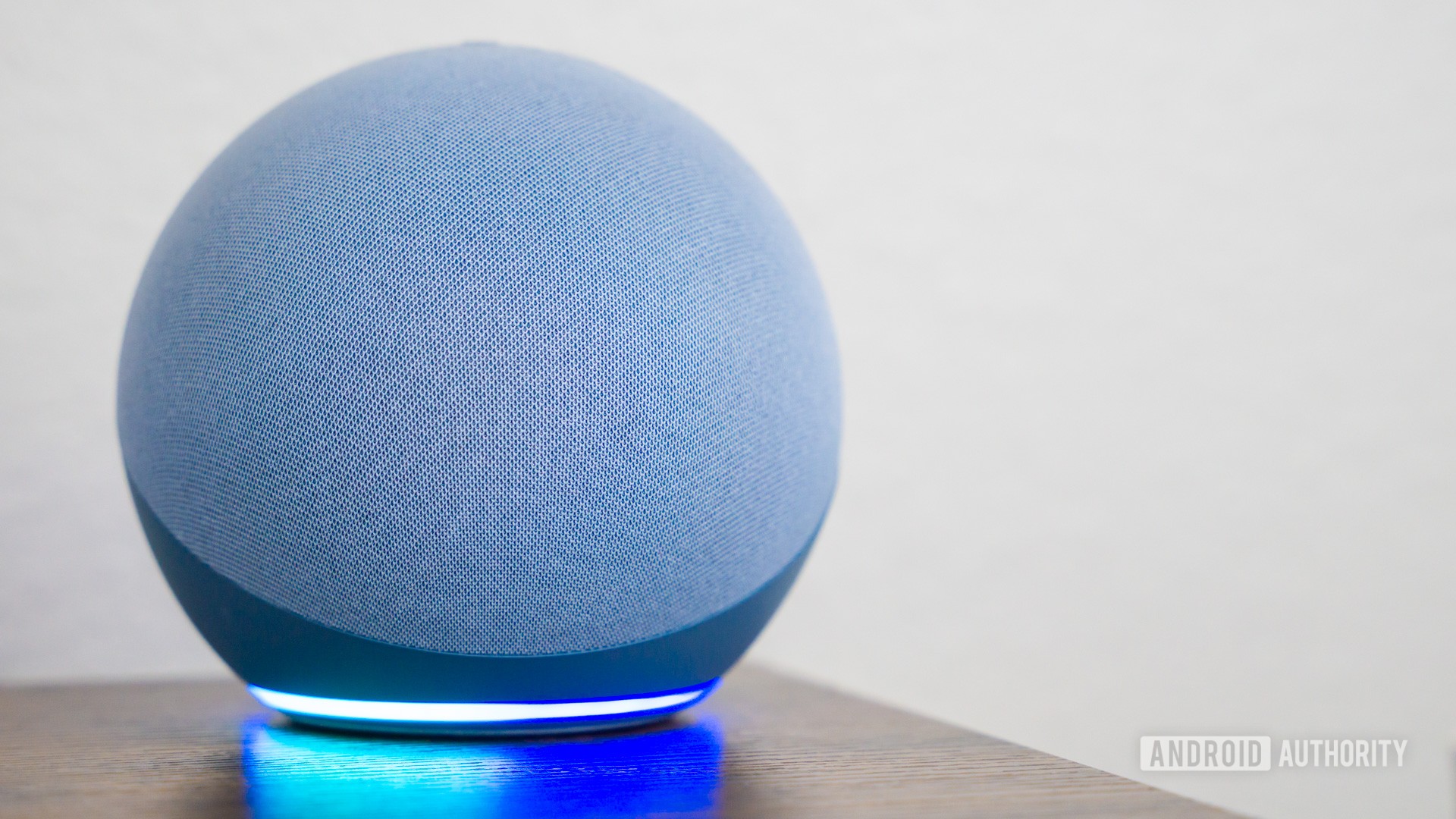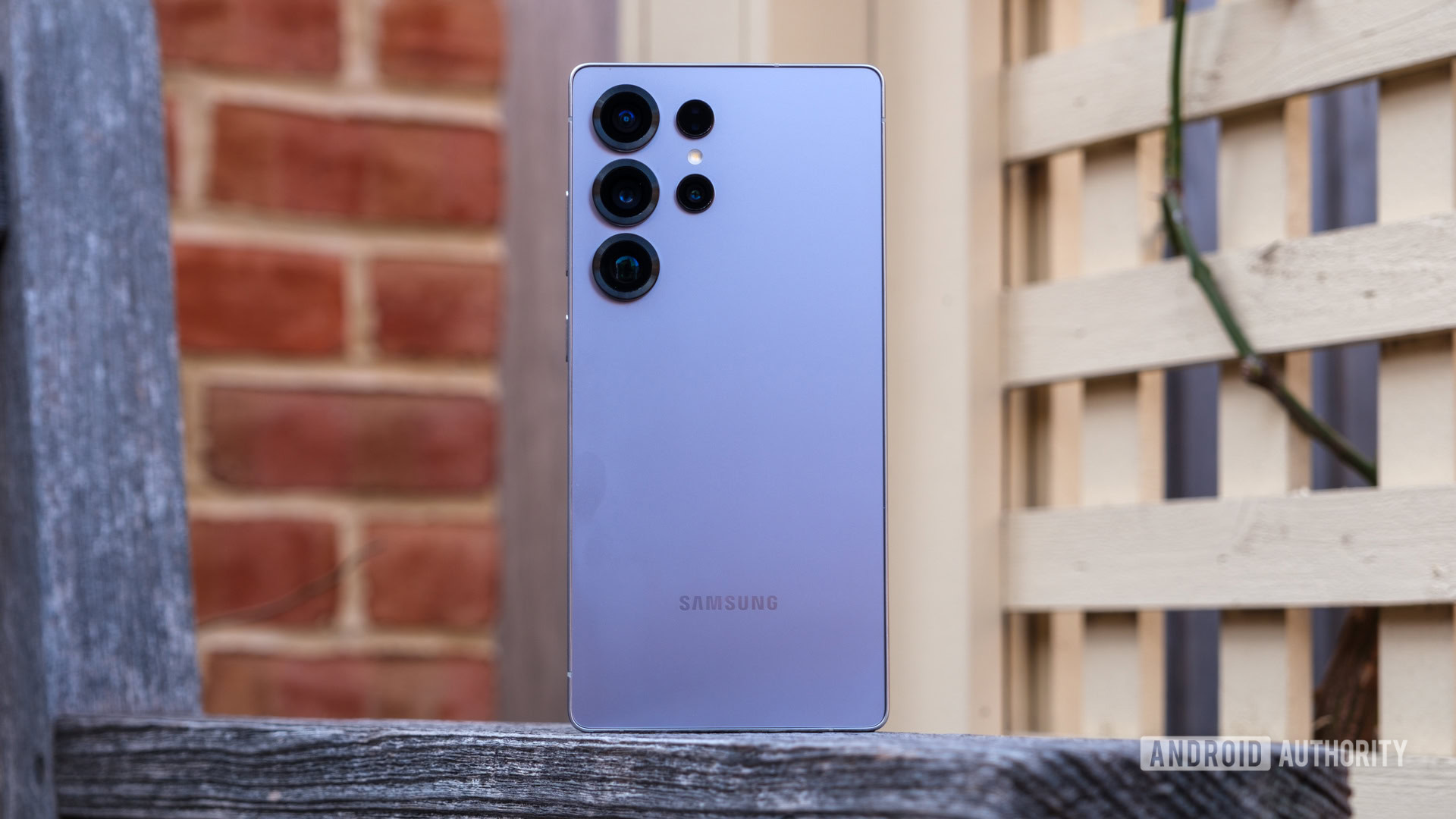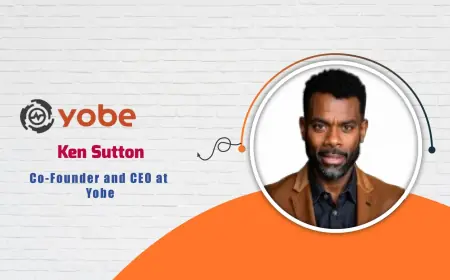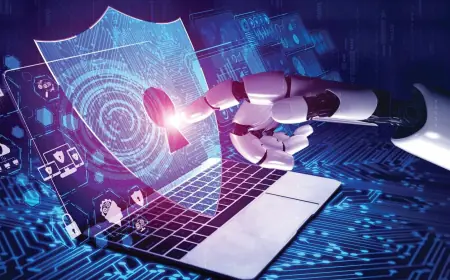Introducing STEM Education to Preschoolers: Simple and Fun Activities for Early Learners
STEM Education to Preschoolers

The demand for innovative thinkers and problem-solvers has never been greater. The foundation for these future leaders often begins in early childhood, and STEM education—focusing on Science, Technology, Engineering and Mathematics—is emerging as an essential part of that foundation.
For preschoolers, introducing STEM concepts in a playful, interactive way can foster curiosity, creativity and a love for learning [1] from a young age. Let’s explore why STEM education matters for young children and how parents and educators can engage preschoolers in simple, fun activities that spark their interest in these critical fields.
The Importance of STEM Education in Early Childhood Education
STEM education may sound complex, but at its core, it’s about encouraging children to explore and understand the world around them through scientific inquiry, technological discovery, engineering challenges and mathematical thinking. For preschoolers, STEM education doesn’t need to be formal—it’s about nurturing their natural curiosity through everyday activities that engage their senses and imaginations.
In Singapore, there’s a growing emphasis on innovative education [2], with STEM aligning perfectly with national priorities for future-ready skills. By introducing STEM early in Singapore preschools, we are equipping children with the tools to think critically, solve problems and approach challenges with creativity and resilience.
Why STEM for Preschoolers? (The Benefits That Await)
- Fostering Curiosity and Exploration
Preschoolers are naturally inquisitive, STEM education with inquiry-based learning taps into that curiosity. Whether they’re asking why the sky is blue or how a toy works, STEM encourages them to explore the world through hands-on activities. It’s about helping them find joy in discovery and promoting a lifelong love of learning.
- Building Foundational Skills
STEM introduces preschoolers to critical foundational skills, including problem-solving, logical thinking, motor skill development and spatial awareness. For example, something as simple as building with blocks helps children understand balance and design—early engineering concepts—while improving their fine motor skills.
- STEM is in Everyday Life
STEM isn’t just about robotics or scientific experiments—it’s present in everyday life. From observing why the sky darkens before it rains to understanding what makes smoke come out of a toy train engine, children encounter STEM concepts daily. Introducing STEM in such familiar settings encourages exploration and problem-solving, helping children connect what they learn to the world around them.
- Promotes Critical Thinking and Boosts Creativity
STEM education empowers children to think critically by guiding them through questions like why, where, how, and what. As they dive into hands-on projects, children explore why a process works, where a solution can be applied, how different elements interact and what they can create to solve problems. This approach opens up a world of possibilities, helping children understand that challenges often have multiple solutions, fostering an open-minded and imaginative approach to learning.
- Prepares for Future Learning (Future-Ready)
Early exposure to STEM lays a strong foundation for future learning, helping children develop skills in science, technology, engineering and maths that will serve them well in their academic journey and beyond. The world is increasingly tech-driven, and STEM equips children with the tools to thrive in this evolving landscape.
Encourages Collaboration Among Peers
STEM activities for preschoolers often involve teamwork, helping children learn to collaborate, communicate, and share ideas with their peers. These social skills are as important as academic skills, preparing children for both school and life.
STEM Activities For Preschoolers In The Schoolhouse!

Here at The Schoolhouse, we believe that STEM learning should be interactive, fun, and part of everyday play. Here are some easy STEM activities you can try with your children:
Science Activities
- Hands-on Building and Creating
At “Imagineers: Maker House”, we guide children through real problem-solving steps which include identifying a problem, asking questions, imagining solutions and planning. We let children be themselves by even letting them take things apart, then putting it back together to figure out how things work.
- Simple Experiments
In programmes such as “Imagineers: Junior Maker House”, fun science experiments like “sink or float” teach children about density and materials, or create a mini volcano with baking soda and vinegar to demonstrate chemical reactions.
Technology Activities
- Introduction to Basic Coding
Uses child-friendly apps or programmable robots to introduce early coding skills. “Imagineers: Junior Maker House” uses tools that allow children to give simple commands, teaching them logic and sequencing. - Interactive Educational Games
“Real World: Numeracy” explores apps or games that encourage problem-solving and develop technology literacy, such as games that teach shapes, colours or early maths concepts.
Engineering Activities
- Building Structures
Using blocks, LEGO or recycled materials, your child can design and build structures. This helps them understand balance, symmetry and engineering concepts while developing their creativity.
- DIY Engineering Projects
Create fun, hands-on projects like paper aeroplanes or marble runs, which introduce basic physics and engineering principles in a playful way.
Maths Activities
- Counting and Sorting Games
Also done in “Imagineers: Junior Maker House”, children use toys, shapes or everyday objects to introduce your child to counting, sorting and pattern recognition, which are fundamental early maths skills. - Measurement Activities
Introduce measurement through sandbox play, water play or cooking activities, helping children develop an understanding of size, volume and capacity.
The Future of STEM in Preschool Education

We understand the importance of early exposure and long-term benefits of STEM for young learners [3]. Incorporating STEM in preschool sets the stage for lifelong learning, allowing children to develop critical thinking and problem-solving skills from an early age. With the rapid pace of technological advancement, it builds a strong foundation for the future, preparing children for success in an ever-evolving, tech-driven world.
Explore how STEM education at The Schoolhouse can unlock endless possibilities for your child. Contact us today to learn more about our interactive, play-based approach to early learning!
What's Your Reaction?
 Like
0
Like
0
 Dislike
0
Dislike
0
 Love
0
Love
0
 Funny
0
Funny
0
 Angry
0
Angry
0
 Sad
0
Sad
0
 Wow
0
Wow
0
Related Posts
Medical Fixation Devices Market Set to Witness Explosiv...
nitinrrr Nov 30, -0001 0













































